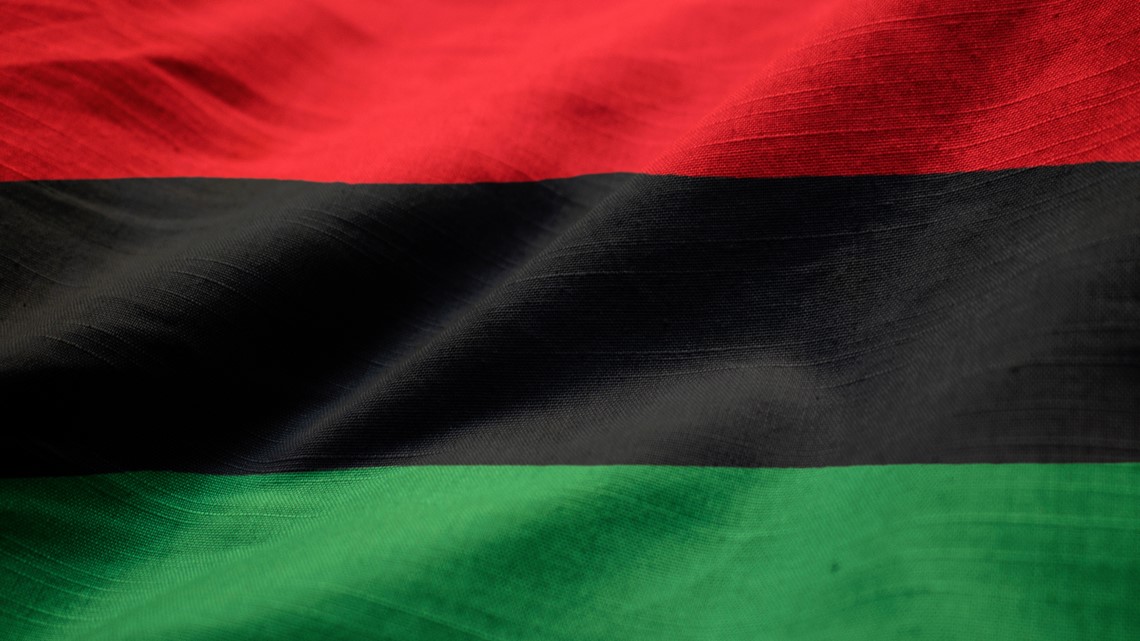About the Book

The Fourth Industrial Revolution and the Recolonisation of Africa: The Coloniality of Data
Author: Everisto Benyera
Publisher: Routledge
Publication Date: 2021
Pages: 213
ISBN: 978-0-367-74415-1 (hbk), 978-0-367-74420-5 (pbk), 978-1-003-15773-1 (ebk)
Book Summary
Benyera argues the Fourth Industrial Revolution furthers Africa's marginalization through data colonialism. Tech companies harvest African data without regulation, transforming it into capital. This continues historical extraction patterns—from slavery to resource exploitation—now as "coloniality of data." Africa's weak institutions enable this digital recolonization, threatening sovereignty and deepening inequality in the continent's ongoing subjugation by powerful global tech oligarchies today.
Key Concepts
The Fourth Industrial Revolution (4IR)
The Fourth Industrial Revolution (4IR), a concept popularized by World Economic Forum founder Klaus Schwab, represents the unprecedented fusion of digital, biological, and physical systems through technologies like AI, IoT, blockchain, quantum computing, and biotechnology. It features hyper-connectivity between humans and machines, widespread automation that disrupts traditional labor markets and industries, and raises significant ethical challenges including privacy concerns, algorithmic bias, and digital colonialism—a critique particularly emphasized by perspectives from the Global South.
Coloniality of Data
The book develops the concept of "Coloniality of Data" to describe how the Fourth Industrial Revolution enables a new form of colonization through data extraction. This continues the historical pattern of exploitation that began with slavery and continued through resource extraction during the colonial era.
Digital Recolonization
Prof. Benyera argues that Africa is experiencing digital recolonization as tech companies harvest African data without proper regulation or compensation, transforming this data into capital. This process is enabled by Africa's weak institutions and deepens inequality on the continent.